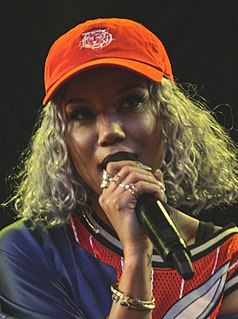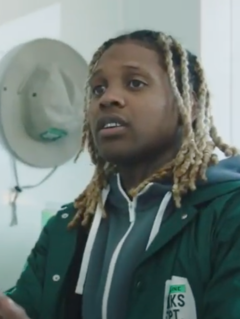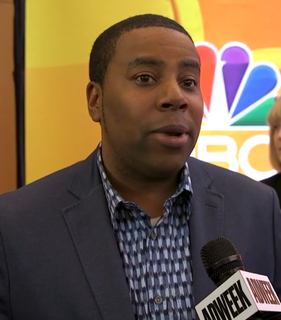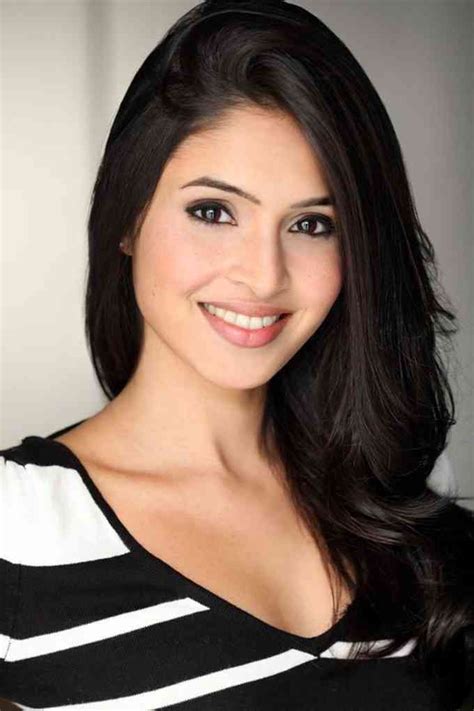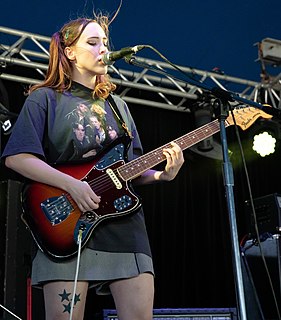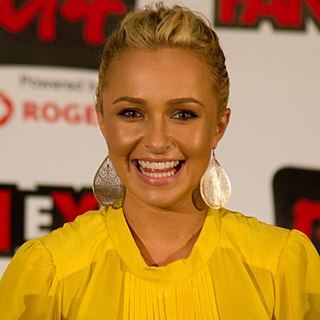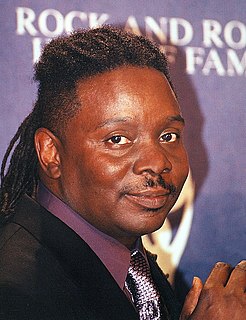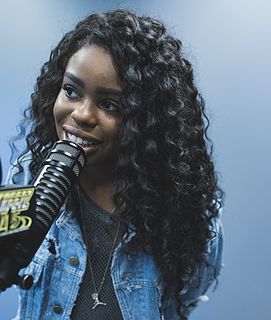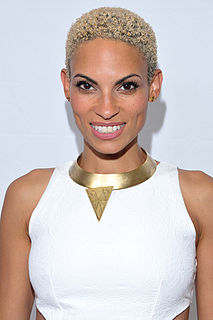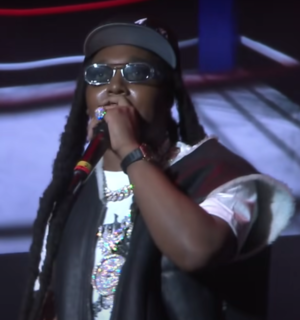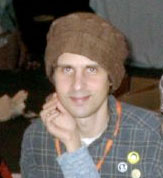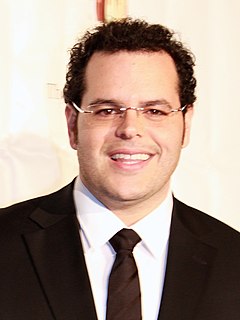A Quote by Logic
When I was, like, 18, that's when I started to really take my own craft seriously and just noticed people were enjoying it. And when I put out my first mixtape, that's when I realized I could make this a career.
Related Quotes
When I started acting, doing theater stuff at a young age, I was always the comic relief-type roles, so I knew I had a funny bone and could make groups of people laugh, but I didn't really take it seriously until I started getting paid on a weekly basis; then I was like, 'Oh, well, this could be a lifestyle.'
I'm really glad we came up when we did. When we got started, the record companies were concerned with building careers. They made sure you could put on a live show before you put a record out. And if your first album sold 100,000 to 200,000 copies, they were happy, because they figured you had your foot in the door on a way to a long career.
After I had my daughter, I kind of got comfortable with motherhood and had time to focus on something else then I started "Sailing Souls" with Fisticuffs, who produced the majority of the mixtape. I just wanted to put out something, like it wasnt really for, you know exposure or to get a deal or really anything like that.
The whole point was just to be yourself, no matter what that was. You didn't have to fit into a certain punk-rock cliché. Create whatever your compelled to create. People were putting out their own records, and it just seemed natural to put out my own magazine. When I was really young, I started making magazines and little books, just folded-over pieces of typing paper, so when I discovered punk rock, it really blew my mind. I played in bands and stuff, but making my own zines seemed like an inherent part of that scene.

